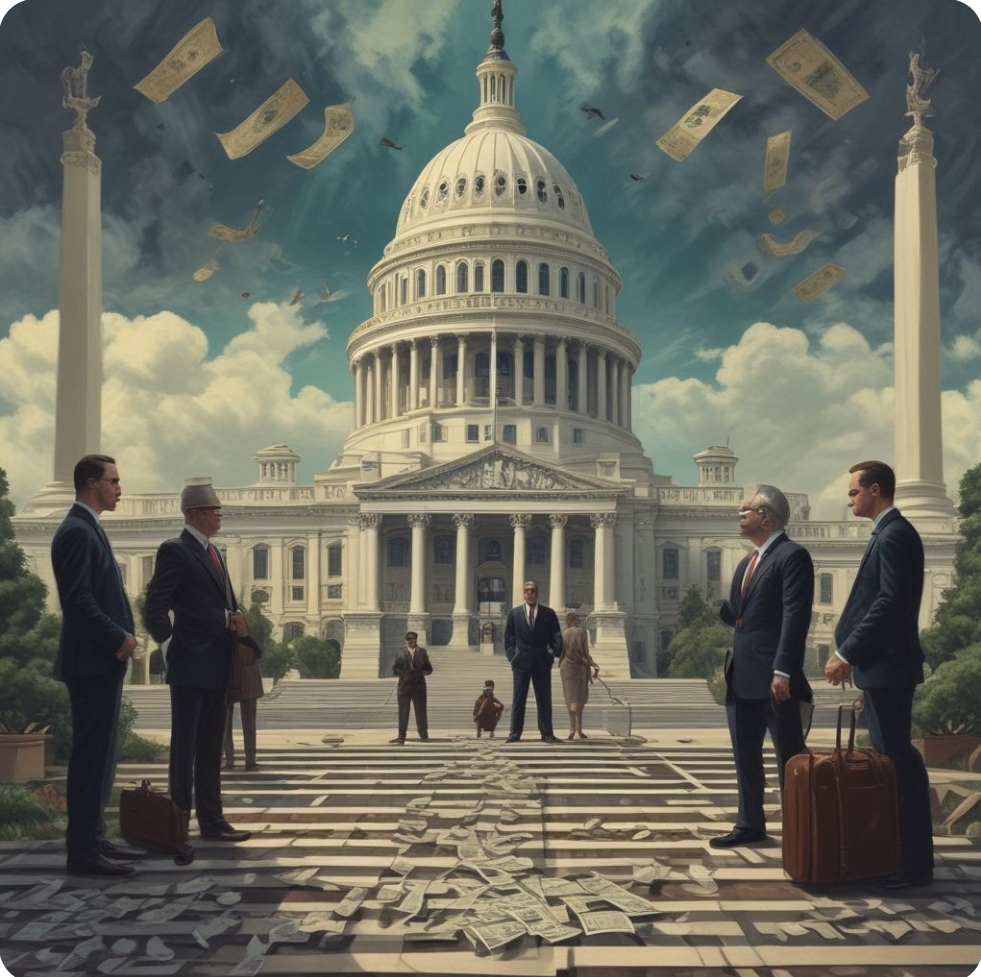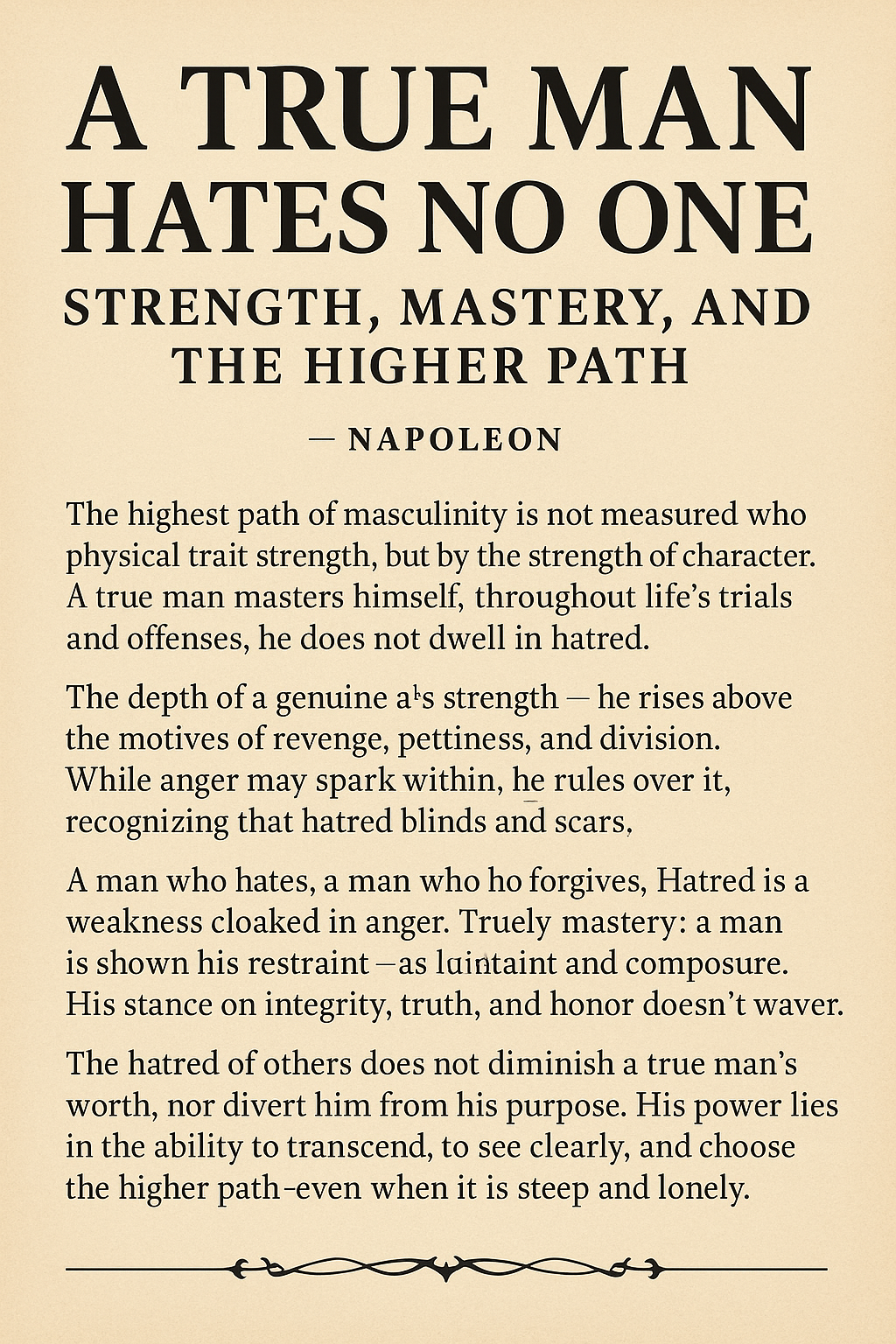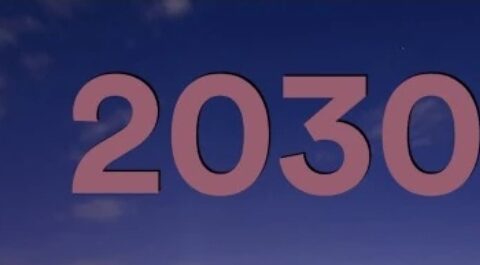“To be wealthy and honored in an unjust society is a disgrace.” – Confucius detailed
- Two Classes of Men: Those Who Pay Taxes & Those Who Receive the Taxes
- The Government Never Reduces In Size It Only Grows
- The Growth of Government Comes At the Expense of Individual Liberty
- Liberty Yields to Government Like the Camel in the Tent
Confucius, the ancient Chinese philosopher, is renowned for his ethical teachings and insights on morality, governance, and personal virtue. The quote, “To be wealthy and honored in an unjust society is a disgrace”, reflects his strong belief in the moral integrity of individuals within the context of their society. Let’s break down the meaning and the broader implications of this statement:
1. Wealth and Honor in Confucian Philosophy
In Confucian thought, wealth and honor are not inherently negative. However, Confucius emphasized that wealth and status should be the result of moral living, ethical behavior, and contributions to the common good. He believed that personal success should align with the principles of righteousness and virtue.
- Wealth: Confucius did not condemn wealth, but he cautioned against acquiring it through unethical means. Wealth should be the result of hard work, honesty, and a clear conscience, not exploitation or taking advantage of others.
- Honor: Similarly, honor in society should come from one’s virtuous actions, adherence to moral principles, and service to the people. Honor that comes from corrupt or unjust practices is considered hollow or disgraceful.
2. The Role of Justice in Society
Confucius envisioned a harmonious society where rulers and citizens alike acted with virtue and justice. A just society, according to Confucian teachings, is one where the leaders are wise and moral, and the laws are applied fairly to all.
- In contrast, an unjust society is characterized by corruption, exploitation, and inequality, where the powerful and wealthy oppress the weak.
- For Confucius, being wealthy and honored in such a society is disgraceful because it implies complicity with the injustice. It suggests that the person has either benefited from the suffering of others or has failed to use their position to bring about fairness and justice.
3. Moral Responsibility and Integrity
The quote speaks to the importance of moral integrity over material success. Confucius believed that people, especially those in positions of power or wealth, have a responsibility to act ethically and contribute to the common good.
- Moral responsibility: In an unjust society, wealth and honor gained without challenging the system may imply that one has accepted or ignored the prevailing injustices. For Confucius, this lack of moral action or resistance to corruption is shameful.
- Integrity over success: Confucius prioritized virtue over wealth and righteousness over recognition. He argued that it is better to be poor and virtuous than to be wealthy through dishonorable means. True honor, in Confucianism, comes from maintaining one’s integrity and standing up for justice, even in the face of personal loss.
4. The Disgrace of Benefiting from Injustice
The idea of “disgrace” in this quote refers to the shame of gaining wealth and honor in a society that oppresses or marginalizes others.
- Complicity in oppression: If one thrives in an unjust society without taking action to correct the wrongs or using their wealth and status to promote justice, they are seen as part of the problem. This is disgraceful because they are not using their position to make things right.
- Unjust enrichment: For Confucius, there is a deep shame in benefiting from a system where others suffer, especially if one’s success is linked to the exploitation of others. This is contrary to his belief that leaders and those with power should be moral examples for society.
5. The Universal Message: Ethics over Materialism
Confucius’s statement is a timeless reminder that material success and social recognition should not come at the cost of one’s moral values. The quote encourages individuals to critically assess the sources of their wealth and honor and to consider whether they have gained these things in a just and ethical manner.
- In a modern context, this quote can be applied to various forms of social inequality and injustice. For instance, wealth accumulated through corrupt business practices, exploitation of labor, or environmental degradation is disgraceful because it contributes to an unjust system.
- The pursuit of wealth and honor should not blind individuals to the moral and social consequences of their actions. Instead, people should strive to be agents of justice and fairness, using their resources to uplift others and address social wrongs.
Wealth, Honor, and Justice
Confucius’s quote, “To be wealthy and honored in an unjust society is a disgrace,” is a profound ethical lesson on the importance of aligning personal success with moral integrity. It underscores the responsibility of individuals, particularly those in power, to promote justice and act ethically, rather than passively benefiting from an unjust system. True honor, in the Confucian sense, is not derived from wealth or status but from one’s commitment to righteousness and the betterment of society.
Two Classes of Men: Those Who Pay Taxes & Those Who Receive the Taxes
When Ronald Reagan said, “No government ever voluntarily reduces itself in size. Government programs, once launched, never disappear,” and when Thomas Jefferson stated, “The natural progress of things is for liberty to yield and government to gain ground,” both leaders were expressing concern about the tendency of governments to grow larger, accumulate more power, and restrict individual freedoms over time. Their ideas reflect fears of unchecked bureaucracy and centralized power, which can ultimately lead to what is often referred to today as the deep state—a permanent, unelected bureaucracy that holds significant power and influence over society.
1. The Expansion of Government Power
Reagan and Jefferson’s warnings highlight a fundamental issue in many modern governments: expansion without reduction. As government grows and introduces new programs, agencies, and regulations, it often becomes more intrusive in the lives of citizens. Instead of shrinking or limiting its role after certain crises or challenges have been addressed, government bureaucracies continue to expand:
- Permanent bureaucracies: New agencies are often created in response to specific problems (e.g., national security, public health), but these agencies rarely disappear once the immediate problem is resolved. They tend to remain in place, finding new reasons to justify their existence and expanding their reach into other areas of life.
- Accumulation of power: As these government institutions grow, they accumulate power, influence, and resources, leading to an increasingly centralized authority. This reduces the space for individual liberties, as more areas of life are regulated and controlled by bureaucratic oversight.
2. Bureaucracy and the Deep State
The term deep state refers to the entrenched, unelected officials and bureaucracies that operate with relative independence from elected leaders. These groups can hold significant sway over policy decisions and may operate outside the direct control of the people or elected representatives. In such cases, government officials—sometimes in coordination with private sector actors—grow their influence while becoming less accountable to the public.
- Unelected power: Bureaucrats in various departments can wield immense power without the direct oversight of voters. This makes it difficult to rein in their actions, especially when they are not easily removed from office or replaced.
- Inflexibility and self-preservation: Bureaucracies, by their nature, tend to protect themselves from external changes. They resist reforms that would reduce their size or scope, and they often seek to expand their influence and resources, even when the original reason for their existence has passed.
3. How Government Growth Can Limit Liberty
As Jefferson warned, when government grows, liberty often shrinks. Large governments, through their laws, regulations, and enforcement mechanisms, can restrict individual freedoms and limit personal autonomy:
- Increased surveillance and regulation: A larger government often introduces more rules and regulations governing various aspects of life, such as business, communication, and even personal behavior. Surveillance and monitoring may be justified by national security concerns, but they also erode privacy and personal freedoms.
- Taxation and economic control: Expanding government programs are funded through higher taxes, which reduce citizens’ financial autonomy. In addition, government control over economic resources can distort markets and reduce opportunities for individuals and businesses to operate freely.
- Diminished local autonomy: As government grows, power is centralized, which reduces the influence of local communities and individuals in decision-making processes. This can lead to a disconnect between the government and the people it serves, as well as policies that are out of touch with the needs of citizens.
4. An Unjust Society: How Growth in Government Can Create Injustice
A key concern in both Reagan’s and Jefferson’s statements is that unchecked government growth can lead to injustice. This happens when the government becomes too large, complex, and unaccountable to the public, prioritizing its own survival and the interests of elites over the needs of the people. The result can be an unjust society where:
- Corruption flourishes: In a large bureaucracy, corruption can become rampant as various government departments and agencies accumulate power with limited oversight. Bureaucrats may pursue their own interests or those of powerful political or corporate allies, rather than serving the public good.
- The powerful benefit at the expense of the weak: As government expands, those with access to power and resources (such as political elites, large corporations, or special interest groups) can manipulate the system to serve their own interests. Meanwhile, ordinary citizens have less influence and may find themselves victimized by unjust policies or over-regulation.
- Limited accountability: The larger and more complex a government becomes, the harder it is for citizens to hold it accountable. Unelected officials within the bureaucracy often operate without meaningful oversight from the public or elected officials, leading to a disconnect between the governed and their rulers.
5. How This Relates to an Unjust Society
In the context of Confucius’s statement, “To be wealthy and honored in an unjust society is a disgrace,” the growth of government as described by Reagan and Jefferson can lead to an unjust society where:
- Wealth and power are concentrated among the bureaucratic elite or those who have connections to the government. Ordinary people may struggle to achieve wealth or recognition without navigating complex bureaucracies or facing obstacles created by excessive regulation.
- Honored positions within such a government may go to those who serve the interests of the bureaucracy or the elites, rather than those who act with integrity or serve the public good. In this sense, government officials and bureaucrats may hold power, but their actions may not reflect the needs or will of the people.
In conclusion, Reagan and Jefferson both warned of the dangers of unchecked government growth, which can limit individual liberty and create an unjust society. In such a system, bureaucratic elites may hold power and wealth, while ordinary citizens see their freedoms diminished. This aligns with Confucius’s critique of those who hold wealth and honor in an unjust system, as they may be complicit in perpetuating the injustice. The deep state, in this sense, represents the entrenched bureaucracy that grows beyond the control of democratic oversight, perpetuating inequality and injustice.







